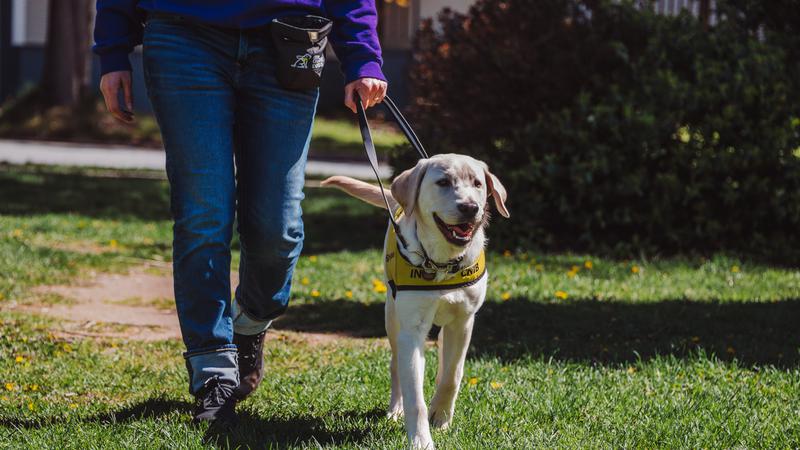
‘It has to stop’: First Nations leaders call for immediate help as crisis in Pelican Narrows worsens
Editor’s Note: This story has since been updated with responses from the Government of Saskatchewan and Indigenous Services Canada.
There is also a clarification from the RCMP on the number of staff members at the Pelican Narrows detachment.
—
On a day meant to recognize and celebrate the Peter Ballantyne Cree Nation (PBCN), members and leaders instead took to the microphone to share stories of fear, violence and a healthcare system on the brink of collapse.




